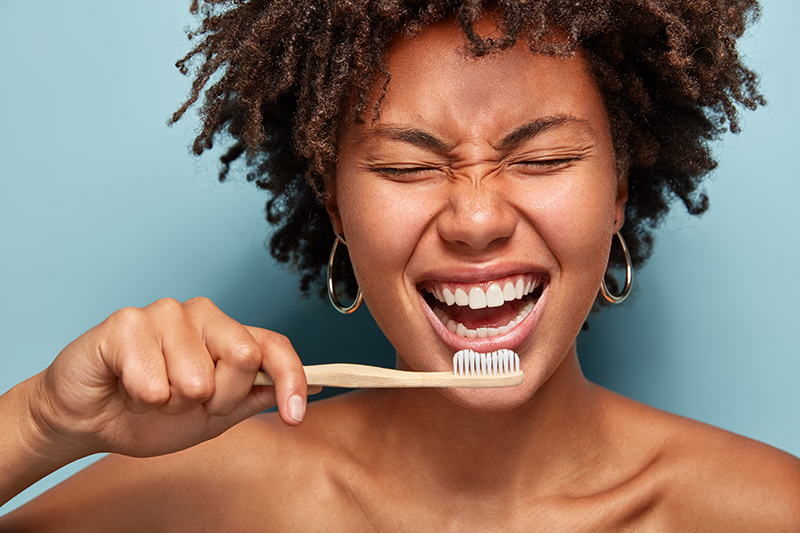A Guide to Maintaining Good Oral Health

The Foundation of Oral Health: Understanding the Basics
Maintaining good oral health is crucial for overall well-being. By understanding the basics of oral care and following a regular routine, you can prevent dental problems and enjoy a healthy smile. In this blog post, we will explore the essential steps to keep your teeth and gums clean and free from decay and disease.
Section 1: The Importance of Regular Brushing and Flossing
To effectively clean teeth and gums, regular brushing and flossing are vital. Brushing twice a day using a fluoride toothpaste helps remove plaque, a sticky film of bacteria that forms on teeth. Additionally, flossing daily removes food particles and plaque from areas that a toothbrush cannot reach, such as between teeth and along the gumline. These practices play a significant role in preventing tooth decay and gum disease.
Section 2: Step-by-Step Guide to Proper Brushing Technique
To ensure effective brushing, follow these steps:
1. Use a soft-bristled toothbrush and apply a pea-sized amount of fluoride toothpaste.
2. Hold the brush at a 45-degree angle and make gentle, circular motions.
3. Clean the outer, inner, and chewing surfaces of all teeth.
4 .Brush the tongue to remove bacteria and freshen breath.
5. Rinse your mouth thoroughly with water.
Remember to replace your toothbrush every three to four months or when the bristles become frayed.
Section 3: The Importance of Flossing for Healthy Gums
Flossing is equally crucial for oral health. Here’s how to floss correctly:
1. Take a piece of floss, approximately 18 inches long.
2. Gently guide the floss between your teeth using a back-and-forth motion.
3. Curve the floss around each tooth, sliding it under the gumline.
4. Use a clean section of floss for each tooth.
5. Rinse your mouth after flossing to remove any dislodged debris.
Regular flossing not only removes plaque but also helps prevent gum inflammation and reduces the risk of periodontal disease.
Q: How often should I brush and floss?
A: It is recommended to brush your teeth at least twice a day and floss once a day for optimal oral hygiene.
Q: What type of toothbrush should I use?
A: Choose a soft-bristled toothbrush that is comfortable to hold and has a small head to reach all areas of your mouth easily.
Q: Can I use mouthwash as a substitute for brushing and flossing?
A: While mouthwash can be a helpful addition to your oral care routine, it is not a substitute for brushing and flossing. These mechanical actions are necessary to physically remove plaque and debris.
Conclusion:
These articles about dentistry aim to provide you with a wealth of knowledge and insights into the realm of oral health. By understanding common dental problems, exploring various dental procedures, and adopting effective oral care practices, you can maintain a healthy smile for a lifetime. Stay informed, prioritize your dental well-being, and consult with your dentist for personalized advice and treatments. Remember, a healthy smile contributes to your overall well-being and confidence. Start your journey toward optimal oral health today!
Emergency Dentist Sydney
- Get immediate help from our 24/7, emergency dentist in sydney.
- Our After Hours Dentist Sydney offers quick relief for dental emergency.
- Get fast response to your dental emergency in Sydney, Our experienced team is here to help.